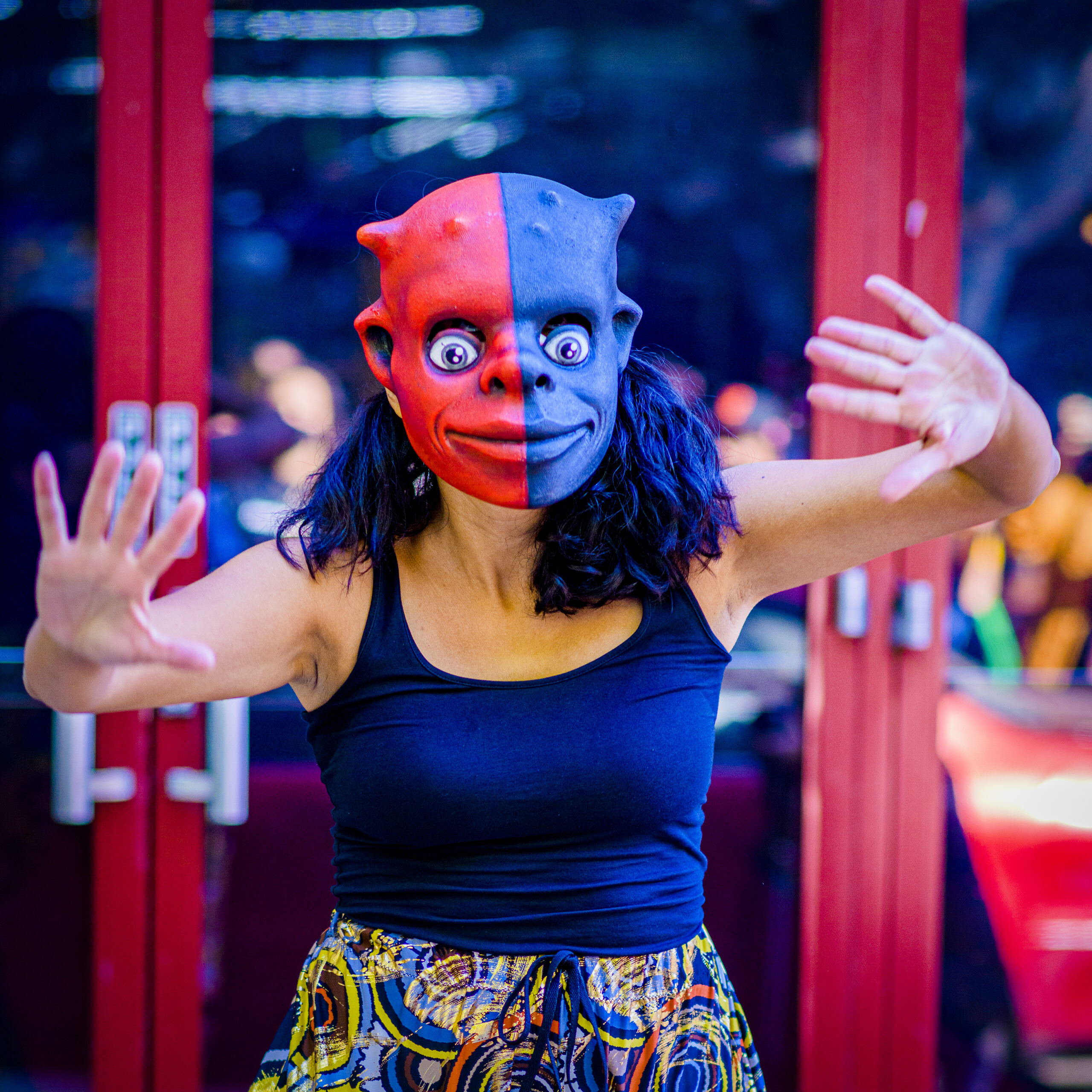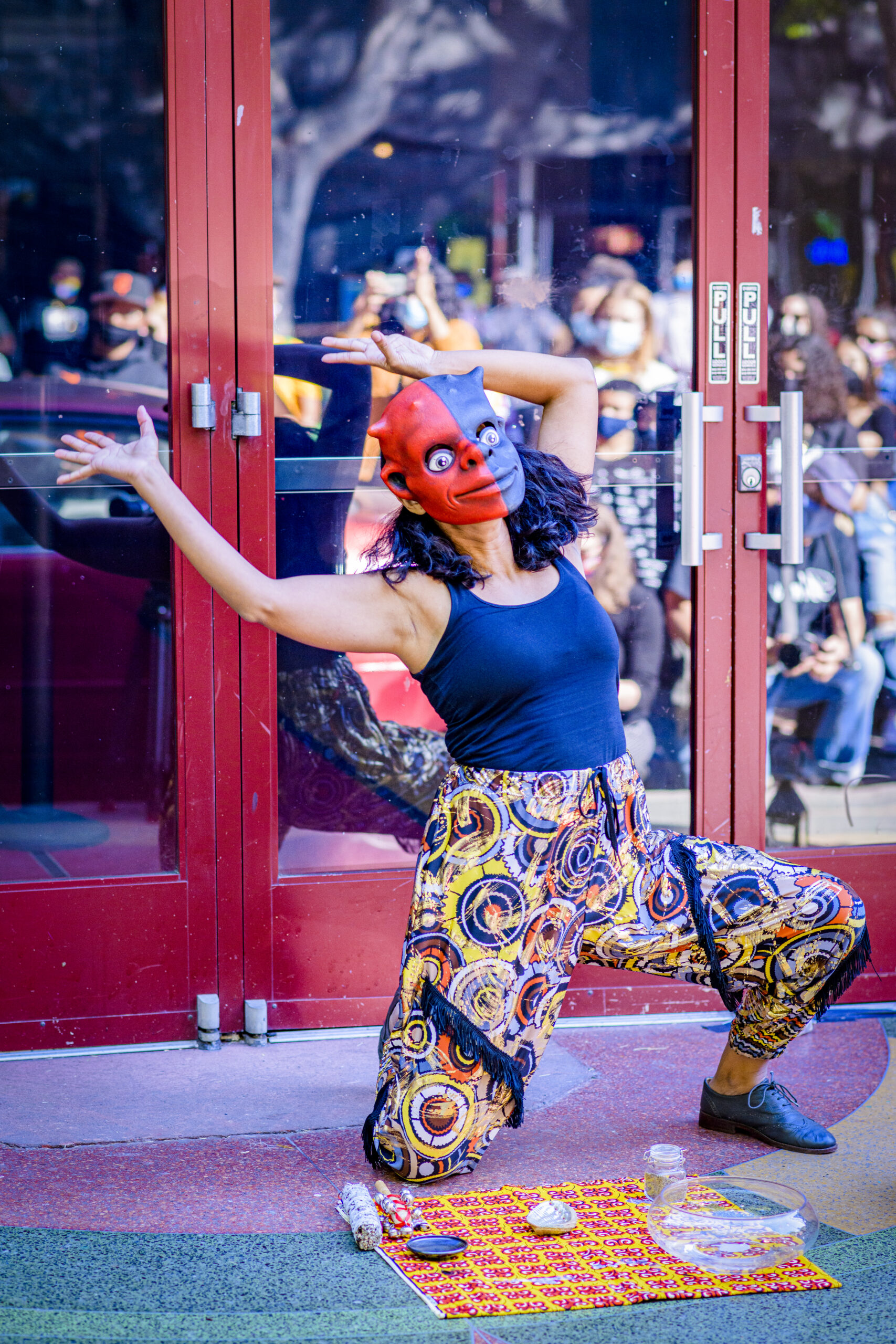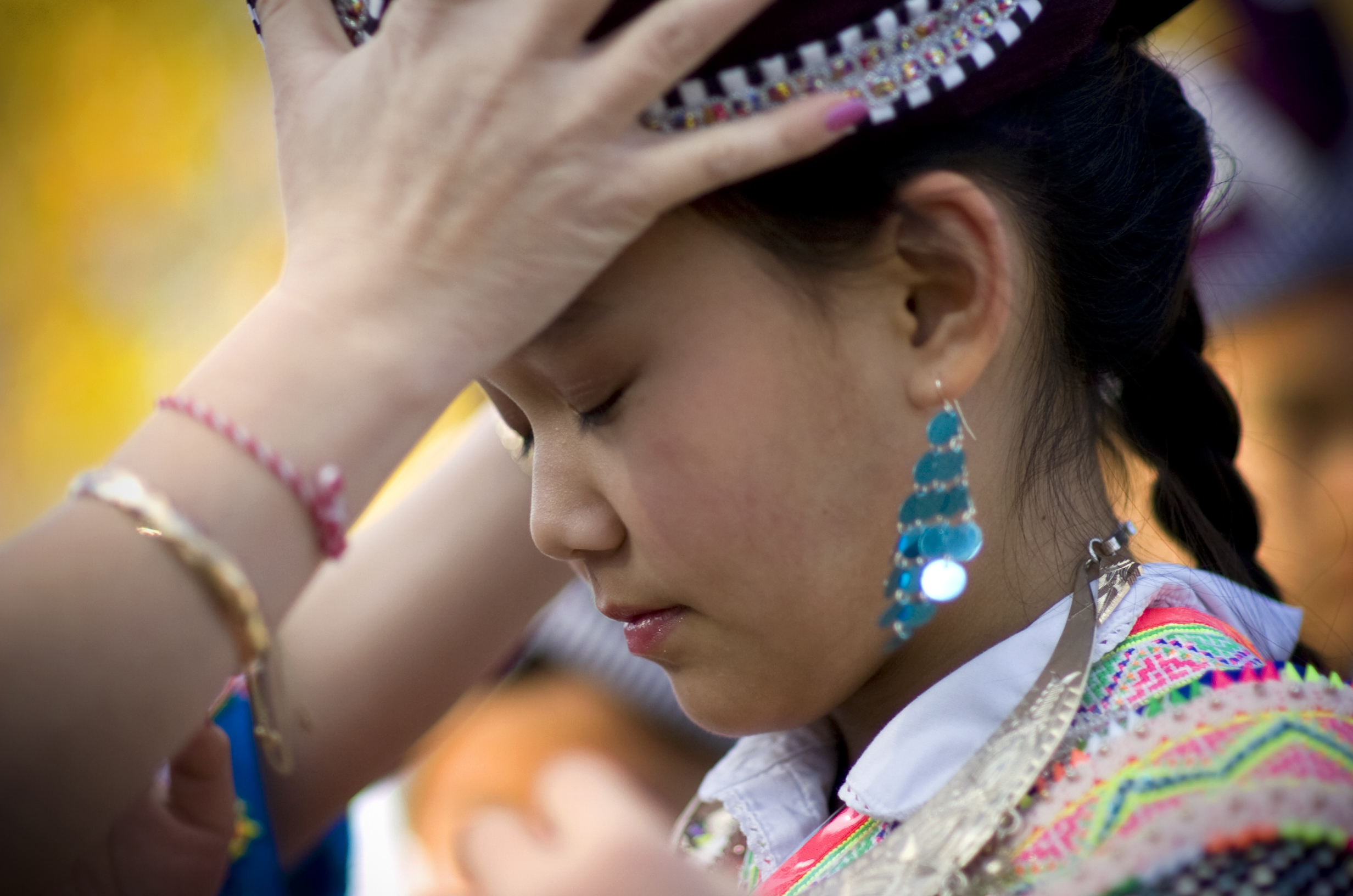Carmen Roman and Pierr Padilla in a work in progress showing of Huellas. Photo: Kyle Adler.
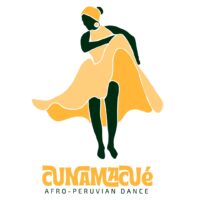
Cunamacué
Afro-Peruvian Music and Dance
About the Organization
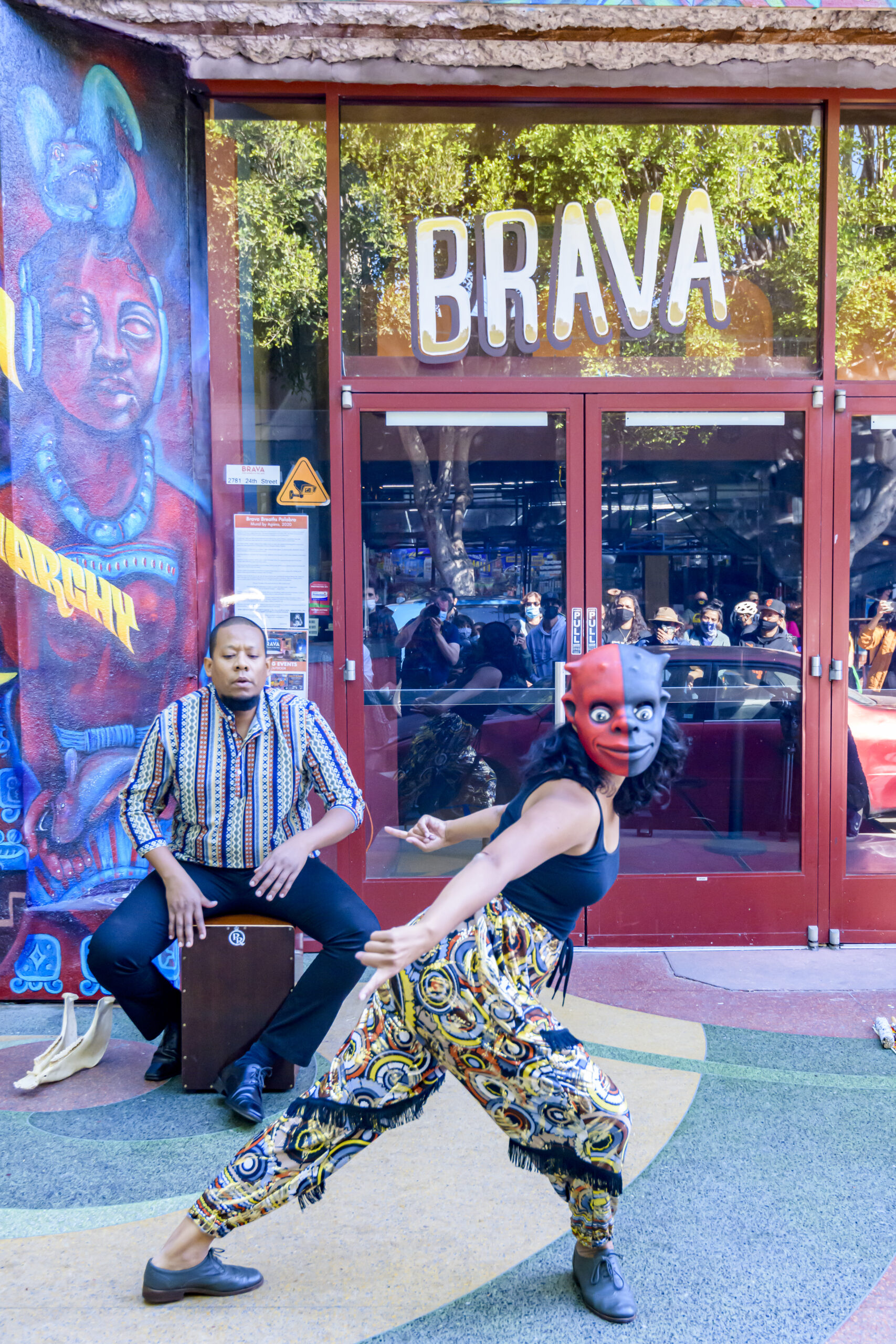
For Cunamacué, the arts are a tool for creative expression, healing, and self- transformation; everyone should have equitable access to quality arts education. To ensure this right for those without the economic means to pay for a dance or music class, Cunamacué offers free dance and music residencies and programs in low-income, underrepresented schools serving Black and Brown youth. Cunamacué’s interactive dance and music assemblies, as well as their family dance classes (offered free and quarterly), focus on Afro-Peruvian history and culture. The organization also performs and teaches at the annual Afro-Peruvian Fest, self-produces full-length performances, and creates dance films about Afro-Peruvian culture. Their film “Herencia de un Pueblo,” highlighting the Afro-Peruvian town of El Carmen, Peru, won “Best Documentary” and “Best Cinematography” at the 2016 San Francisco Dance Film Festival.
Living Cultures Grant
2023
Huellas
ACTA’s Living Cultures Grant Program will support Cunamacué’s Afro-Peruvian dance theater performance Huellas, inspired by the ancestral dance Son de los Diablos; free Son de los Diablos dance and percussion workshops; and a free panel discussion on “Voices of resistance through cultural manifestations in the African Diaspora.”
2022
Huellas
Supported by ACTA’s Living Cultures Grant Program, Cunamacué will complete Huellas (Footprints), a project centering the ancestral, street-masquerade dance Son de los Diablos and featuring other Afro-Peruvian rhythms (Festejo, Zapateo, and Landó). Huellas will include a dance, music, and theater piece; free Son de los Diablos dance and percussion workshops; and a conference about the historical context in which the tradition evolved, addressing issues of decolonization and resistance.

